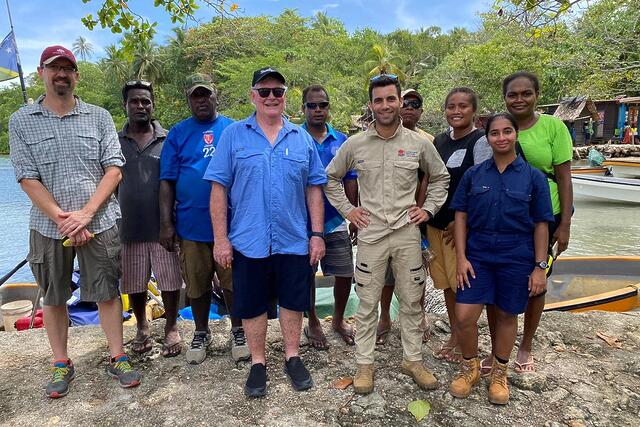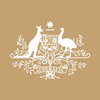
Bolstering biosecurity in the Pacific region
The Department of Agriculture, Fisheries and Forestry (DAFF) is working in collaboration with the Solomon Islands Ministry of Agriculture and Livestock (MAL) on initiatives to address biosecurity challenges in the Pacific region.
These initiatives are focusing on building local capabilities that contribute to animal health and welfare, farm production, exotic disease preparedness, biosecurity, food security, and One Health outcomes.
Exotic animal diseases such as African swine fever and avian influenza threaten regional food security and the livelihoods of small-holder farmers and local communities across the Pacific.
As part of DAFF’s Pacific Engagement Program for Animal Health (PEPAH), the team of veterinarians is supported by funding from the Department of Foreign Affairs and Trade’s (DFAT) Solomon Islands Biosecurity Development Program.
Their work in Solomon Islands with MAL is serving to raise awareness of exotic disease threats and help build preparedness, surveillance and risk analysis capabilities. By understanding potential risk pathways for animal diseases, the Solomon Islands are better able to target their efforts.
The DAFF team is also working with an Australian Volunteers Program veterinarian, Dr Nigel Gillan, currently on placement with MAL to build local veterinary and biosecurity capacity ahead of the 2023 Pacific Games. In bringing the Pacific together in Honiara at the end of the year, the Games are also a major test of the Solomon Islands’ biosecurity.
Australian Chief Veterinary Officer, Dr. Mark Schipp, emphasised the importance of understanding the biosecurity landscape in the Pacific to the effectiveness of prevention, detection and preparedness strategies.
“Livestock is central to the social, economic, cultural, and food security of the Pacific Islands,” Dr. Schipp said.
“The recent spread of African swine fever in the region, coupled with increasing investments in logging and fishing operations, combine to create risk pathways for exotic animal diseases entering the island nation.”
“By supporting regional biosecurity capacity building activities, we can work towards proactively managing the biosecurity risks to the Pacific before they impact on people’s livelihoods and food security. This benefits Australia’s biosecurity, while providing us the opportunity to strengthen our bilateral partnerships with our Pacific family.”
“The department’s work in the Pacific supports delivery of key strategic actions under its Commonwealth Biosecurity 2030 roadmap, National Biosecurity Strategy (2022-23), and Pacific Biosecurity Strategy (2022-2027).”
PEPAH’s mission is to work within DAFF’s Pacific Biosecurity Strategy to develop enduring, trust-based, and mutually beneficial relationships with Australia’s Pacific family that improve animal health, biosecurity, and food security outcomes.

